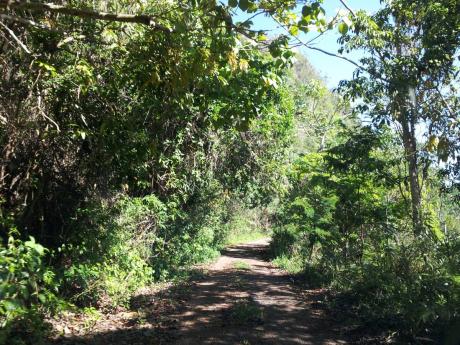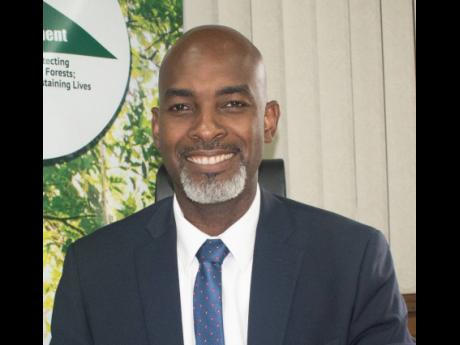Earth Today | A move towards social forestry
JAMAICA’S FORESTRY Department is looking to communities as a part of the answer to realising expanded forest cover for the island while also reaping climate change risk reduction benefits, such as carbon capture, which has helped to cool global temperatures.
This is the word from new Chief Executive Officer and Conservator of Forests Ainsley Henry.
“One of the significant things we are seeking to do is engage forest adjacent communities and ensure that social forestry is a part of what we do,” he told The Gleaner in a recent interview.
Social forestry prioritises the management of forests for communities, from filling the demand for timber, wood and fuel to food, while also securing benefits such as biodiversity conservation and improvements in air quality.
“We recognise that the actual conservation and sustainable management of forests cannot be done from Kingston. It has to be done from a local level as well,” Henry added.
His comments align with the National Forest Management and Conservation Plan 2016, which sets the framework for, among other things, analysing the causes of and addressing threats to forest health and vitality from natural disasters and human activities, including threats from fire, pollution pests, disease and invasive alien species.
The plan also looks at developing financing strategies that outline the short-, medium- and long-term financial planning for achieving sustainable forest management, taking into account domestic, private sector and foreign funding sources.
EU BUDGET SUPPORT PROGRAMME
According to Henry, the Forestry Department has a number of options at its disposal for the integration of communities into forest management and benefit sharing. Not the least of these, he said, has been the EU Budget Support Programme.
“The EU Budget Support Programme is ongoing, and a part of what that programme has allowed us to provide is project support for alternative programmes in forest adjacent communities across the country – in 46 of them, in fact,” he said.
“We have provided greenhouses and started craft enterprises. The South East Cockpit Country project, for example, not only have they created a brand and series of craft items, they have also engaged with big hotel chains as a market. That is the sort of initiative and enterprise we are seeking to do to make forests a place not just to visit, but also a place from which to work, raise families and do business,” Henry added.
Some $240 million, the CEO said, has been earmarked for the projects, which are currently at different stages of implementation. They include the completed climate-smart water harvesting and conservation effort at Bamboo Primary and the farm reforestation and water collection at the Ebenezer Home for the Mentally Challenged.
Henry said that while some of the projects had been impacted by the COVID-19 pandemic, local teams were pressing ahead with their efforts.
“We started the engagement from early last year. Unfortunately, COVID-19 slowed some things down. However, work is ongoing,” he explained.


